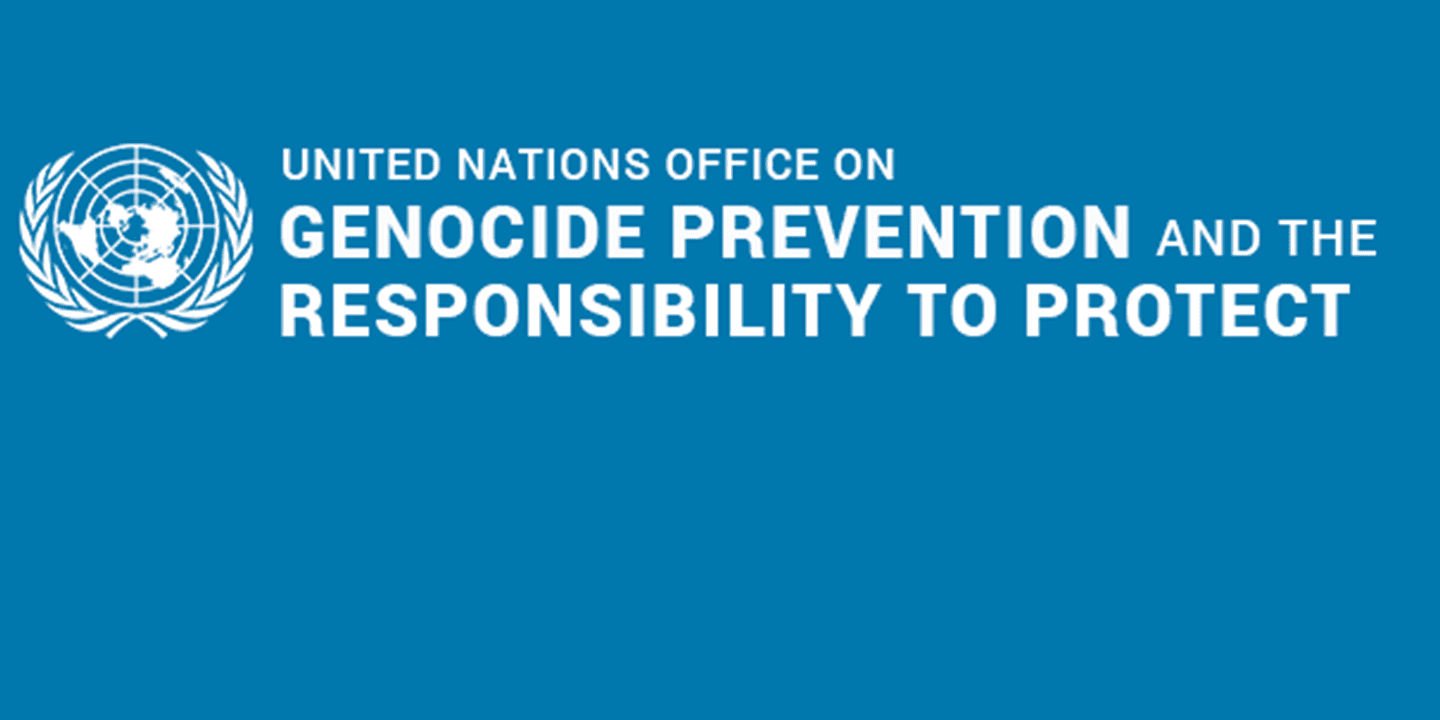
Statement by the UN Special Adviser on the Prevention of Genocide on the situation in Syria, July 2013
Special Adviser Adama Dieng is deeply concerned by the escalating use of rhetoric by political and religious leaders in a number of countries in the Middle East and North Africa regions, in the context of the conflict in the Syrian Arab Republic. In recent statements, certain religious leaders have portrayed the conflict in Syria as a religious conflict and have denigrated the beliefs of parties to the conflict and their allies.
“History has shown that exploiting religious tensions in the context of a political and armed struggle may incite violence and could lead to large scale atrocities,” stated Special Adviser Adama Dieng. “Such rhetoric, when it constitutes incitement to violence on religious grounds, could exacerbate the already disastrous violence in Syria, lead to further war crimes and crimes against humanity and fuel tensions between different groups both in Syria and elsewhere in the region.”
All leaders – whether religious, political or military – have a responsibility and a crucial role to play in speaking out against any hate speech that encourages intolerance or discriminatory stereotyping, or that constitutes incitement to violence. Under international law, attacks against civilians can not be justified under any circumstances. Advocacy of hatred that constitutes incitement to discrimination, hostility or violence is also prohibited under international human rights law.
“I urge all leaders in the wider region to act responsibly and refrain from using or condoning any language that may escalate sectarian tensions. The consequences of rhetoric that inflames these tensions will be felt by populations across the region,” said Mr. Dieng.
All leaders, whether local, national or regional, must insist on respect for international human rights and humanitarian law and, in the context of an armed conflict, stress that civilians and those no longer taking part in hostilities must be protected, regardless of their religious or other identity. Those responsible for attacks against civilians and other protected persons must be held to account.
In the 2005 World Summit Outcome document, all Heads of State and Government committed to protect populations from genocide, war crimes, ethnic cleansing and crimes against humanity, including their incitement. The international community also committed to take collective action, in accordance with the Charter, should peaceful means be inadequate and national authorities manifestly fail to protect their populations from genocide, war crimes, ethnic cleansing and crimes against humanity.
“All States must refrain from contributing to such crimes, including by tolerating hate speech and incitement to violence against particular populations,” stated Mr. Dieng. “If we do not act now, there is a serious risk that sectarian violence could spread across the region.”